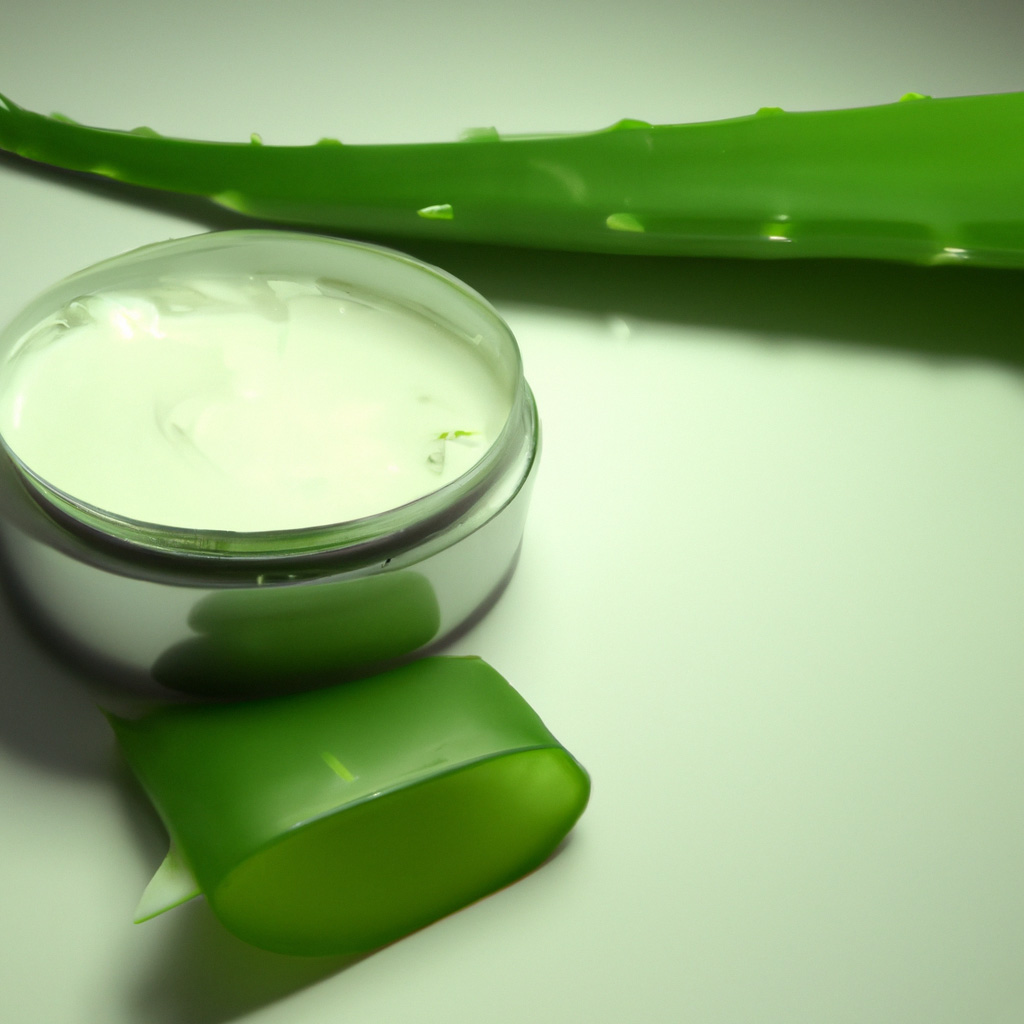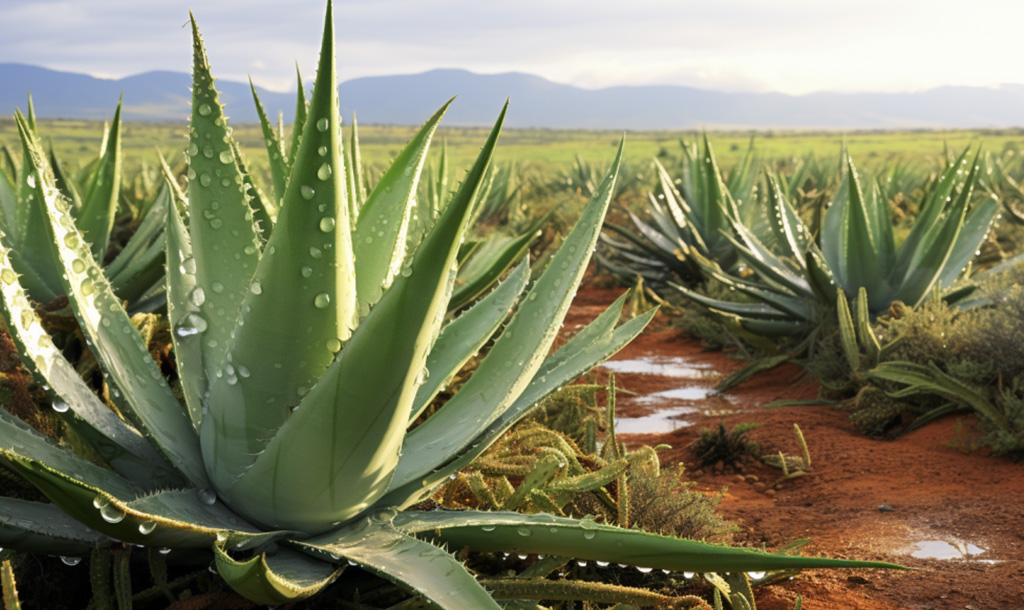The vast reaches of Africa are replete with stories, not just of vanished civilizations but also of plants that have managed to outlive the passage of time. These tales may be found in both the animals and the plants. Despite their habitat, which consists of golden dunes and bright sunlight, aloe vera plants can endure and continue to be unshakeable in their resolve. They can thrive in places where most people would be scared to set foot, which is evidence of nature’s brilliant design. Their ability to do so demonstrates the brilliance of nature.
Alchemy in the African Heartland
Aloe Vera is prominent in bustling villages, where age-old traditions mix with the rhythms of drums and the scents of cooking fires. These villages are also home to Aloe Vera, which is used in various ways. The consistency of its gel is similar to that of liquid gold. Because of their natural wisdom, Indians have been able to harness the power of Aloe from the dawn of time. Elixirs are created by combining the healing properties of aloe vera with those of other potent herbs, and these elixirs offer their users the promise of more incredible energy and vigor.

Aloe vera butter
Aloe vera butter is made from a combination of aloe vera juice and coconut oil. It successfully combines the beneficial properties of both of these ingredients. It is a rich source of triglycerides, polysaccharides, flavonoids, vitamins, and hydroxyl acids. Such butter perfectly soothes and moisturizes the skin and hair.
Guardians of Hydration: Aloe’s Role in Nourishment
The vast savannahs, tinted in tones of orange and yellow, may create the appearance of no moisture there. This is because the colors contrast with one another. On the other hand, aloe vera stands out as a luminous example of proper hydration. Native tribes employed this remarkable plant topically for an extended period and relied on it heavily as a source of hydration. It is not only about quenching your hunger; it is also about ensuring that you will continue to live.
Echoes from Ancestral Lands: Aloe in Ceremonies
Aloe Vera is frequently incorporated as an inalienable component into the ceremonies that are performed by the tribes, which are characterized by a profound level of religious fervor. The rituals may begin when dawn breaks and the first rays of light touch the horizon. This marks the beginning of the day. The dancers show appreciation for nature and the people who came before them by applying Aloe to their bodies after mixing it with various vibrant dyes. These are not only occurrences; instead, they are portals into the ethereal plane of existence.
Trade Winds and the Aloe Trail
Due to the challenging terrain that traders must traverse throughout Africa, aloe vera is commonly traded for other products and then sold. It is a commodity, to be sure, but it also serves as a link between various tribes, which helps to keep the peace and strengthens ties between them. It is reported that stories of Aloe’s miraculous effects may be heard ringing in markets from Casablanca to Cape Town, luring merchants from regions far and wide.
Green Resurgence in Modern Times
It looks like the tides are going to change soon. Because of the recent uptick in interest in natural and environmentally friendly products and methods worldwide, Aloe Vera, which originates in Africa, has recently seen a rise in popularity worldwide. The Aloe Chronicles are currently working on a new entry, while at the same time, production units are starting to take shape, and finance is being allocated to research. This is a tale of optimism, personal development, and the boundless opportunities ahead of us.
Legacy and the Path Forward
The aloe vera plant casts a large shadow that extends in all directions and encompasses not only the sandy landscapes but also the intricate cultural fabric of Africa. This shadow spreads far and wide. Its gelatin is filled with stories of battles, rituals, trade, and the daily struggle to stay alive. This is not only botany; it is history in its most fundamental form. Botany is merely the study of plants. There is little reason to doubt that the Aloe Vera plant will, as time goes on, continue to play a significant role in how daily life, culture, and the economy are intertwined throughout Africa.


